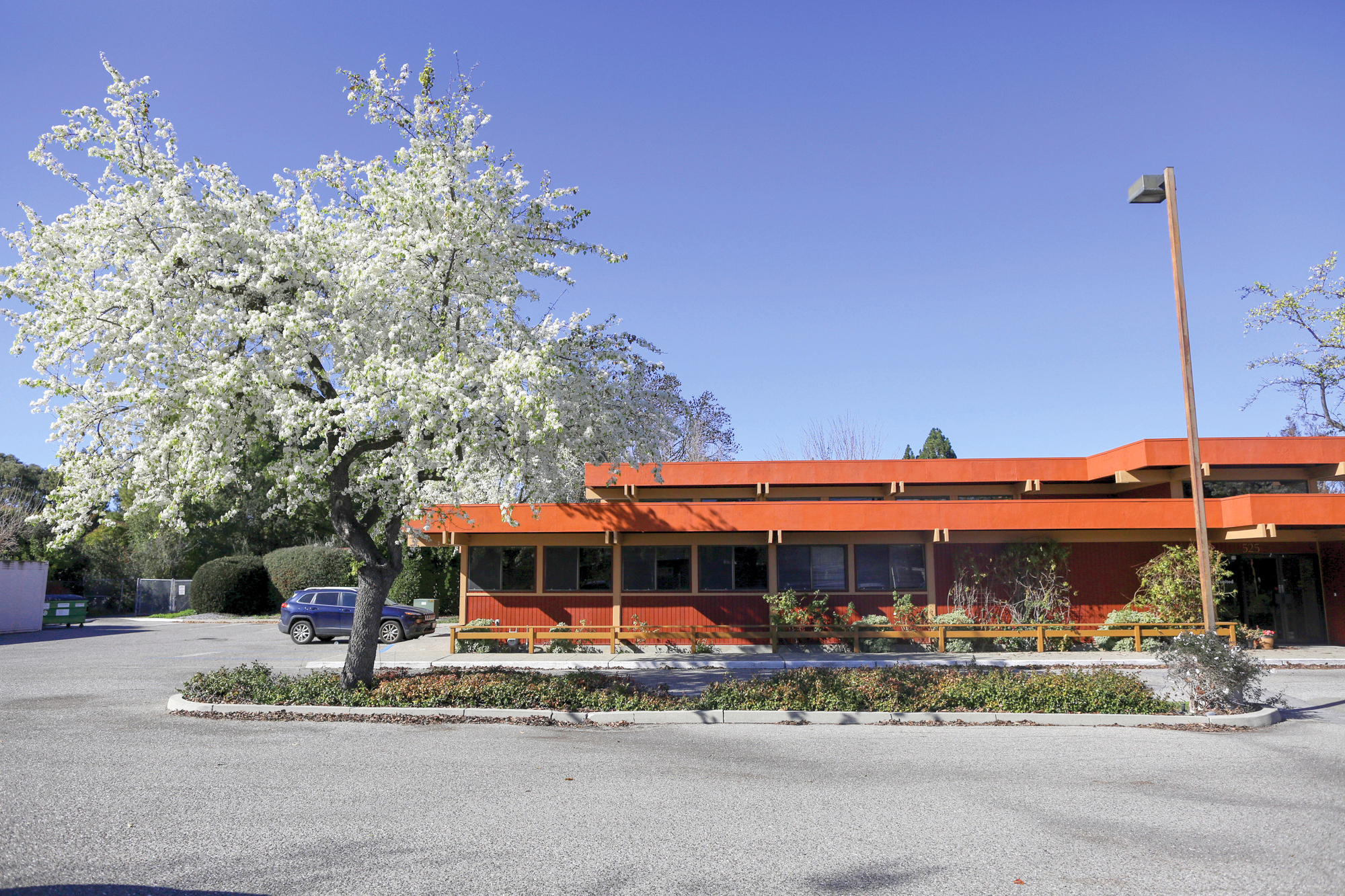A housing bill that would loosen up restrictions in single-family zones by allowing subdivisions for up to four dwellings cleared a critical hurdle on Thursday morning, when the state Assembly voted to approve the legislation.
Senate Bill 9, which is authored by Senate President Pro Tem Toni Atkins, D-San Diego, received 44 votes in the Assembly that it needed to move ahead, three more than required to pass. Having already cleared the state Senate, it will now return to the Senate for a concurrence vote before heading to Gov. Gavin Newsom.
Unlike Senate Bill 1120, a similar bill that faltered on the dramatic final day of the 2020 legislative session, SB 9 includes provisions that aim to address concerns about wildfire protection and gentrification. To discourage institutional investors from evicting or displacing tenants, the bill excludes properties where a tenant has resided for three years. It also allows cities to deny applications for subdivision if they find that adding homes would increase fire threat.
While the final tally may still change as those Assembly members who hadn't yet voted do so, it will not change the outcome for SB 9, which is the second major housing bill to clear the Assembly this week. On Monday, the Assembly voted to pass Senate Bill 10, legislation authored by Sen. Scott Wiener, D-San Francisco, that allows cities to rezone properties to allow up to 10 dwellings per parcel, potentially overruling voter-adopted zoning restrictions. Assembly member Marc Berman, D-Menlo Park, voted in favor of both bills, helping to ensure their narrow passage.
Assembly member Robert Rivas, D-Salinas, who introduced the bill on the Assembly floor, told his colleagues that the bill, while not perfect, "will have a positive impact on our crippling housing crisis in California." He noted that it will cap the number of units that can be built on a lot at four, which includes accessory dwelling units.
"The bottom line is, SB 9 will provide more opportunities for more working families to achieve the California dream and makes the path to homeownership in our state a more inclusive one," Rivas said.
Much like SB 10, the Atkins bill transcended party lines, with some Republicans voting to support it and some Democrats opposing it. Assembly member Adrin Nazarian, D-North Hollywood, was in the latter camp. He argued on the floor that by passing the bill without also considering the impact of increased density on utilities, parking and transportation, the legislation is setting up communities for long-term failure.
"We haven't dealt with a lot of the needs that go into complementing what increased housing means," Nazarian said. "We're going to be devastating those communities."
Seen as one of the cornerstones of the Assembly effort to address California's housing crisis, SB 9 has also been a subject of intense debate leading up to the Thursday vote. While housing advocates and the majority of Democrats in the Legislature see it as a critical step to bolster the state's housing stock, opponents of the bill have maintained that it will infringe on local control while doing little to improve housing affordability.
Palo Alto, which submitted a letter of opposition to SB 9, argued that "state driven ministerial or by-right housing approval processes fail to recognize the extensive public engagement associated with developing and adopting zoning ordinances and housing elements." The citizens group Livable California had strongly opposed SB 9, claiming that the bill "crushes single-family zoning in California, a threat to 7 million homeowners."
Assembly member Buffy Wicks, D-Oakland, strongly rejected these arguments as she urged her colleagues to support the bill.
"We need more housing solutions in this state," Wicks said. "Right now, in two-thirds of California, multifamily housing, 'missing-middle' housing is illegal. Let's legalize housing in California and vote for SB 9."
In a statement immediately after the vote, Atkins said SB 9 is "about opening the door for more families to pursue their version of the California Dream — whether that's building a home for an elderly parent, creating a new source of income, or buying that first house."
"It's about opportunity," she said.



Comments
Registered user
Menlo Park: Central Menlo Park
on Aug 26, 2021 at 3:29 pm
Registered user
on Aug 26, 2021 at 3:29 pm
These housing zoning issues should be put to a statewide vote. Also the members of the legislature are beholden to the housing industry and the unions for their campaign contributions. We the voters are not.
Registered user
Menlo Park: Allied Arts/Stanford Park
on Aug 26, 2021 at 4:49 pm
Registered user
on Aug 26, 2021 at 4:49 pm
Anyone looking forward to a 4 plex next to your home in Menlo Park, and I believe a certain number of them need to be low income, Just saying
Registered user
Woodside: Emerald Hills
on Aug 27, 2021 at 9:49 am
Registered user
on Aug 27, 2021 at 9:49 am
Get ready for 4x density upgrade in Atherton, Woodside and Portola Valley - houses with large lots are the easiest to subdivide under this bill.
Registered user
Portola Valley: Westridge
on Aug 27, 2021 at 12:22 pm
Registered user
on Aug 27, 2021 at 12:22 pm
Senate bill nine is a mistake. People are already so crowded in neighborhoods that they cannot even park the car in front of their street if they need to. This was just exacerbate the problem. Too many people in too small of an area makes everyone unhappy
Registered user
another community
on Aug 27, 2021 at 12:54 pm
Registered user
on Aug 27, 2021 at 12:54 pm
sb 9 and sb10 are outrageous. they both need to be taken to high courts. Senator Weiner needs to go with them!!!!